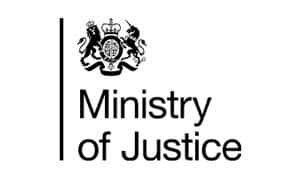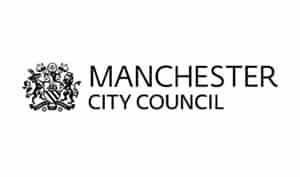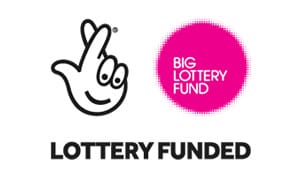Professionals
Training workshops for professionals.
Are you or your organisation interested in having professional development or educational workshops delivered in-house?
Our Training
In addition to our scheduled training we can deliver any of our courses to your organisation. These packages can be adapted to suit the strengths, challenges and needs of your organisation and its staff. All training sessions are interactive, facilitated by trauma-informed trainers with extensive knowledge of working with individuals who have experienced trauma. This is often a very cost-effective way to train a number of people in your organisation who need similar training. You provide the event space and we deliver a course tailored to your particular needs.
We currently provide training on:
Working Creatively with clients inner child part
Saturday 12th October 2024
The ‘inner child’ is the childlike, usually hidden part of a person’s personality. It can manifest as a playful creative part of the self and/or as a fearful, hurt and angry child, left holding shame, guilt, rage, loneliness and more, due to their adverse childhood experiences. Terrence Real, in his book ‘I don’t want to talk about it’ observed that whenever there is an inner lost vulnerable child part, a harsh child part will emerge as a consequence. Connecting with one’s own inner child parts can be both very painful, as well asvery rewarding and healing.
This training will help to illuminate the missing experiences of the ‘inner children’ and illustrate how we might be able to facilitate a client to learn to recognise their ‘inner child parts’ as essential to their wellbeing. We can foster an understanding that these inner child parts need support, compassion and healing too.
Together we will
- Explore how the ‘inner child parts’ get created
- Gain knowledge about the developmental stages and concept of missing experiences
- Exploring ways of externalising the inner lost and harsh child parts
- Gain confidence in resourcing the client to undertake this work
- Explore how we can use creative means to communicate with the ‘inner child parts’
- Practice using different creative resources to facilitate a client’s development of compassion for their own ‘inner child parts’
The course is a mixture of guided and experiential learning. Theres will engage an actor / or use a recording of a role-play to help demonstrate the theory as well as give an opportunity to reflect on your practice.
Externalising the legacy of childhood trauma.
Saturday 18th & Sun 19th May 2024
2 day training event with Dr. Ralf Vogt from the Trauma-Institut-Leipzig, Germany
The event language will be English.
In our therapeutic practice we frequently see traumatised people whose symptoms / dissociative processes are getting in the way of a positive therapeutic outcome.
In this 2 day advanced practitioner training, Dr Ralf Vogt will help us understand the important determinants of the body- and gestalt-oriented, analytical therapy Model of Somatic Psychological Interactive Model (version 30).
The SPIM30 model is a therapeutic body and action orientated approach which was developed for clients with complex trauma and dissociative processes.
SPIM30 describes deliberate abusive and/or neglectful interpersonal traumatisation as boundary violations in a multi-level model. Findings from neurobiology are included. (S. Porges, Poly-vagal Theory PVT).
The SPIM30 model can be incorporated into any trauma focussed therapeutic approach.
How is this different from other therapeutic approaches?
The advanced training will explain techniques of how to use therapy objects and methods to examine nightmares and memory gaps so that self-protection (dissociative defences) can be slowly loosened in order to work through the traumatisation. Role structure schemes, animated therapy media, hula hoops and much more are used for this purpose.
Psycho education will be used to help explain the concepts of fear transference and perpetrator energies, which will support the client in understanding their inner psychological fluctuations during trauma work.
You will get a chance to observe and try out different stabilisation techniques with body movements. Additionally you will witness the power of connection-supporting methods like rods, ropes, pillows and blankets to enhance the client-therapist dialogue.
All exercises will be discussed in the group beforehand, after which each training participant will get a chance to practice the SPIM30 techniques
in sub groups to experience the therapeutic applications of the theory.
Please bring comfortable shoes and casual clothing.
Want to know more?
For more informtation about any training or to make a booking, please get in touch below and one of our friendly team will get back to you.
Email us at: training@manchesterrapecrisis.co.uk
Call our office: 0161 273 4591
Call our helpline: 0161 273 4500


